A quick Google search on the subject will lead to a list of medicines that are usually prescribed by doctors to help with sleep problems. Other options like melatonin supplements are a good example of an over-the-counter option, but if you are in a condition that seriously prevents you from getting the right quality and amount of sleep, your doctor will probably recommend specific medications.
Although such drugs and supplements are completely legal, taking synthetic medications can often have its drawbacks. The question to be asked is: is there a more natural form of help available than these? The answer is, to take a look at CBD (cannabidiol).
Another quick Google search reveals many of the benefits of using CBD. In this article, however, we shall delve deeper into the impact of CBD on sleep quality and how it can help achieve deep, restful night’s sleep.
Why is sleep important?
Before discussing the relationship between CBD and sleep, let’s review why good sleep is so important. The general answer to this question is that it helps our bodies repair and recover from everyday stress. We all know the feeling of fatigue and mental fog that occurs when we have only been able to sleep for a few hours.
However, sleep means much more than just providing ourselves with the energy we need. First, it helps strengthen our immune system, helps keep us fit while protecting our mental health. Proper sleep patterns also protect us from type 2 diabetes, heart disease, and low libido.
So, poor sleep doesn’t just cause irritability and grumpiness. But to understand this more deeply, we need to know how our sleep cycle works.
What is a sleep cycle?
Sleep is a complex mechanism. There are five stages in the sleep cycle.
The first four fall into what is known as non-REM, i.e., "non-rapid eye movement" phase, whereas the fifth phase is known as the REM, i.e., "rapid eye movement" phase.
This sleep cycle lasts about 90 minutes. The time spent during the NREM and REM stages alternates during the night. Uninterrupted sleep is essential, and it takes about 4-6 consecutive such cycles over a 24-hour period to achieve this.
It is a generally accepted fact that the average adult needs around 6 to 8 hours of sleep a night. A very small portion of the population, only about 5%, is able to function flawlessly for up to five hours without cognitive and physical side effects.
The consequences of lack of sleep - whether the insomnia's occasional or persistent - are significant, and can result in multiple detrimental effects; these can be both immediate and cumulative in nature. In short, one can expect deterioration in all aspects of overall health and well-being.
Lack of sleep and / or poor quality sleep prematurely ages, compromises decision-making, and dramatically reduces athletic performance while increasing the risk of injury. Falling asleep with the help of alcohol or medication is not healthy in the long term, either; the mind and body need regenerative sleep.
How CBD affects sleep
Now let’s talk a little bit about the role of CBD in the sleep cycle.
CBD affects the human body and mind in a number of ways through the endocannabinoid system (ECS) and other channels. In ECS, CBD has a weak binding affinity for the two major cannabinoid receptors, CB1 and CB2, but promotes the production of endogenous neurotransmitters such as anandamide. And this helps ECS support homeostasis - which can only be achieved with healthy sleep.
In addition to ECS, CBD is associated with serotonin, TRPV, and other receptor types that have different effects on the regulation of areas such as mood, pain, and so on. It is true that the effects of CBD are difficult to quantify for the time being due to the relatively novel status of the cannabinoid, but this does not prevent people from using CBD to achieve better sleep.
With this in mind, let’s take a look at how cannabidiols can work to support the mechanisms responsible for healthy sleep.
CBD and Insomnia
What do a lot of insomniacs have in common? Many lie awake, stuck in a cycle of overthinking, thus further perpetuating the inability to fall asleep.
There are also those who struggle with physical, emotional or mental health issues - from factors like chronic backache or migraine through to anxiety, acute stress, depression etc. - all of which can further affect a person’s ability to get sufficient sleep. It then becomes a self-fulfilling prophecy, where the persistent insomnia worsens those conditions, thus making sleep even harder to achieve, and so the cycle is perpetuated.
Interestingly, recent research suggests that CBD has the ability to aid in helping relieve the tension, worry and anxiety that can either trigger and / or exacerbate insomnia. For example, a 2019 study, in which 72 participants were given 25mg CBD capsules to take every night before bed, and 79.2% had anxiety after the first month. Meanwhile, 66.7% of them experienced an improvement in their sleep habits.
Similarly, a 2014 study in both animals and humans revealed that CBD can also promote alertness throughout the day, whilst helping to reduce the irritability and daytime drowsiness that many of us suffer from.
CBD and stress
Occasional or situational stress is an entirely normal part of life, be it pre-exam nerves to worry about a job interview or upcoming concert performance etc.
However, if the stress becomes so intense that other aspects of everyday life are severely affected, then it goes beyond the norm to the debilitating. Such persistent stress can lead to problems like heart disease, digestive issues or even depression. There is increasing clinical evidence to show that it can even affect brain chemistry, thus potentially causing neurological problems.
Recent findings suggest that CBD can help reduce this tension by also alleviating feelings of stress, overwrought nervousness and worry-related fear. A 2011 study reported improvements in people with social phobias and anxiety problems. The interesting part is that people who do not have similar problems have had a similar effect, according to a 2017 study.
A 2013 study of 48 participants found that CBD can mitigate the dangers of stress. These effects were seen as early as two days after cannabidiol administration.
What type of CBD helps with sleep?
CBD, when taken orally, under the tongue, or inhaled, provides more effective sleep than CBDs available in the form of an ointment. Just like melatonin or sleeping pills, CBD enters the bloodstream when ingested.
There are three main types of edible CBD: CBD in the form of oil / tincture, vape e-liquids or capsules. Consuming oils / tinctures is clearly the best method. All you have to do is put a few drops under your tongue and hold it there for about a minute. And about 20 minutes later you will feel the effects.
You will need a vaporizer for e-liquids. The progress compared to the previous form is that it will only take 5-10 minutes for the effects of CBD to start. The capsule needs the longest time, as CBD must first pass through the digestive system and liver before it enters the bloodstream. Experts recommend that you take the capsule about an hour before bedtime.
Do CBD creams help?
CBD-containing ointments are somewhat adequate for relieving physical pain. But that's it. It will not have the same effect as oral CBD because cannabidiol will not enter the bloodstream this way. Topical CBD provides some sedative effect, especially when applied directly to pain or a sensitive area. In this way, it also helps to achieve a healthy sleep cycle.
Using the CBD for sleep
In this section, we focus on the three types of CBD that are most effective in promoting healthy sleep
CBD oil
In addition to promoting deeper and faster sleep, CBD oil can also help develop a healthier circadian rhythm. It regulates the body by keeping it awake during the day while relaxing it as night comes.
If you’re looking for a good brand to get you started, Royal Queen Seeds has a range of CBD oil products, some of which are sure to suit your needs. Our full spectrum CBD products come in base oils such as olive, hemp seed or MCT oils. The CBD concentration in these varies between 2.5% and 40%.
CBD oil
CBD oils are super and work properly, but there are also benefits to taking them in capsule form. One is that they work all night - especially if you take them before bed.
Vaping
One of the main advantages of vaping CBD is convenience. It can be a quick and easy way in which to achieve the effects of CBD.
CBD vs prescription sleeping pills
Prescription sleeping pills are not all bad, but some can be addictive. Taking them correctly can help treat insomnia and other problems. But like any synthetic substance, the long-term effects of such drugs can have the potential to damage the body.
Good quality CBD, on the other hand, is a simple substance that contains neither toxins nor harmful side effects. And, especially if taken orally or topically, has been shown to have little to no significant negative effects. By this logic, it would not be unreasonable to suggest that it could still be a better alternative to sleeping pills.
However, be sure to consult your doctor before changing any medication prescribed. They will be able to give you all the information you may need, including what type of CBD to take, the right dosage, and any side-effects you may experience, depending on your genetics and what other medications you are taking.



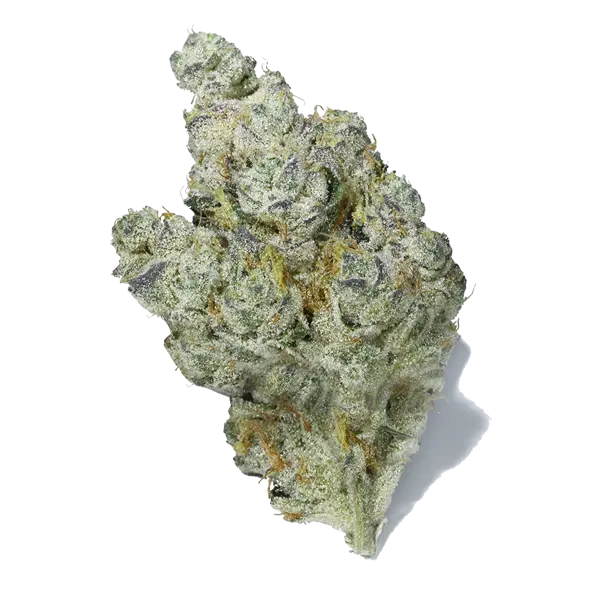
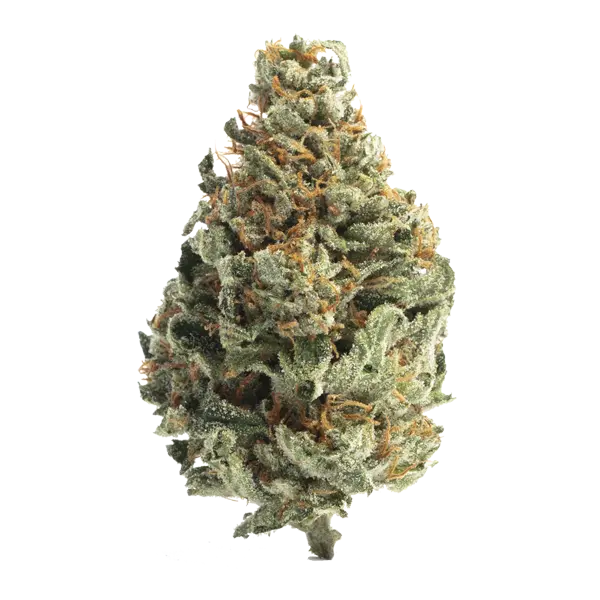
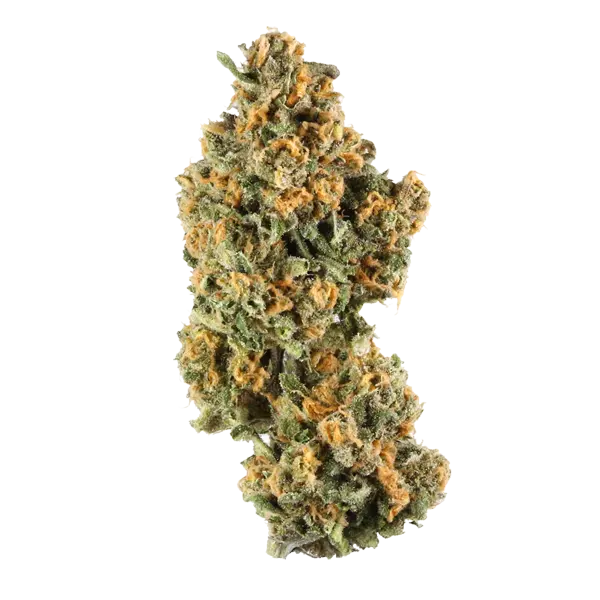

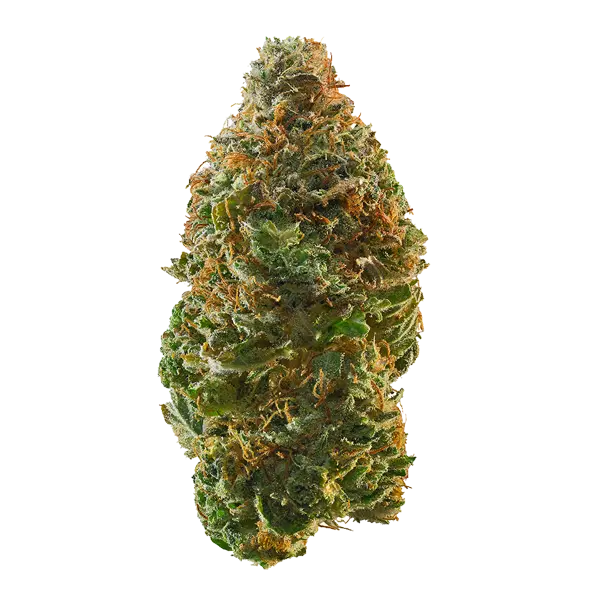

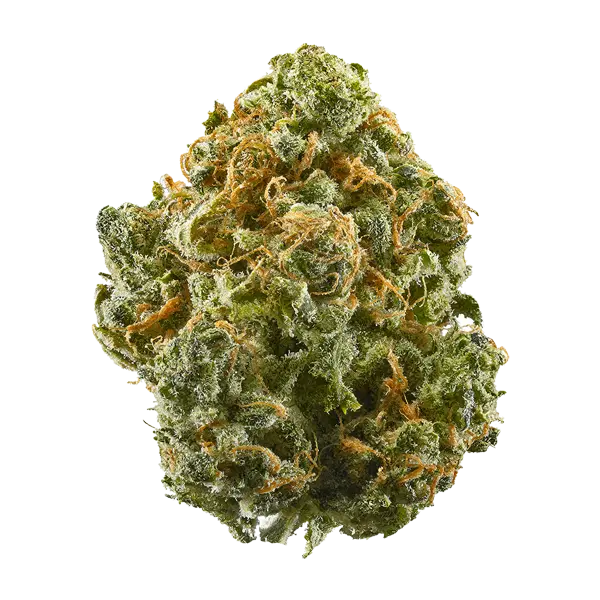

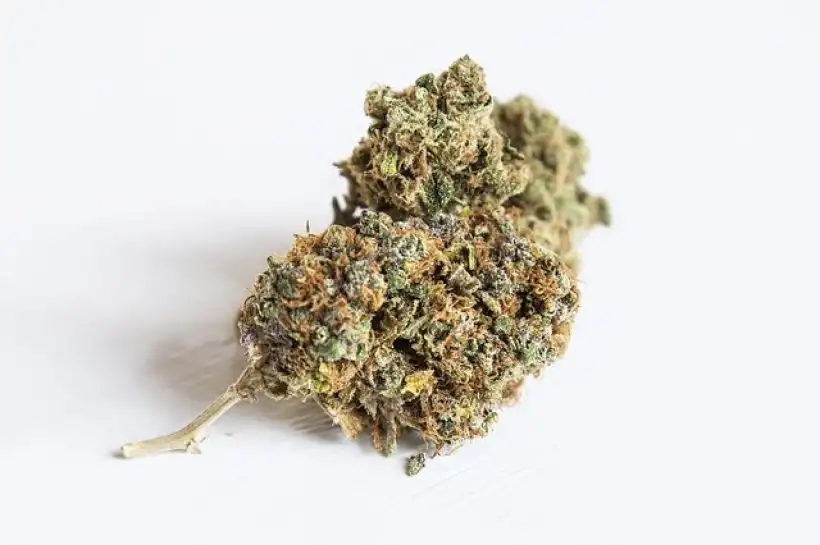





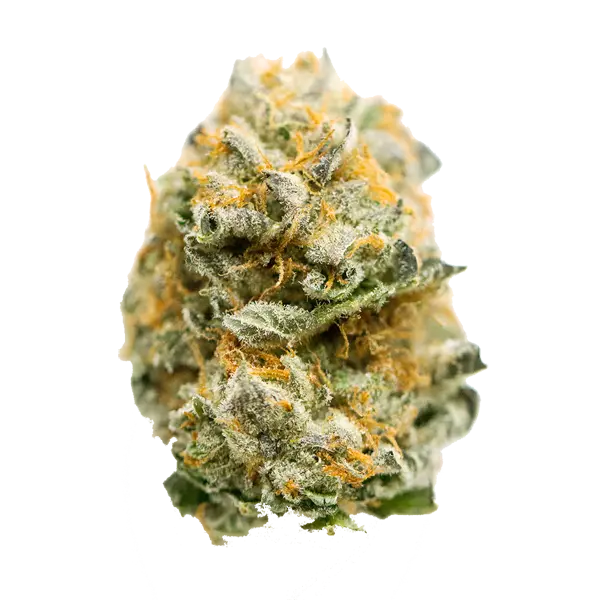
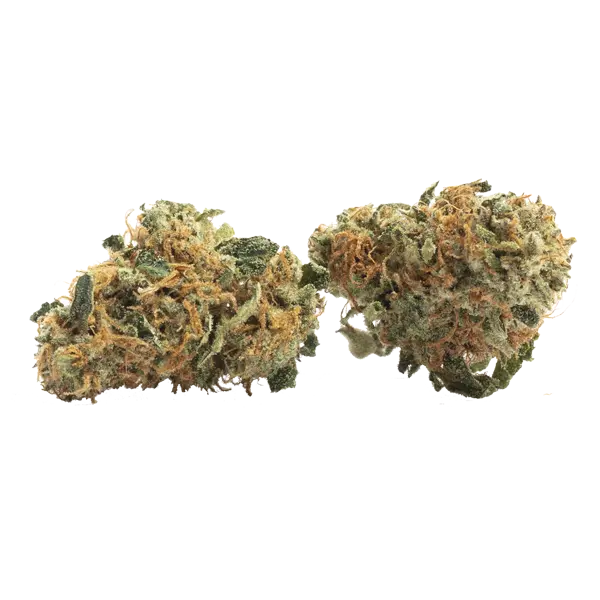
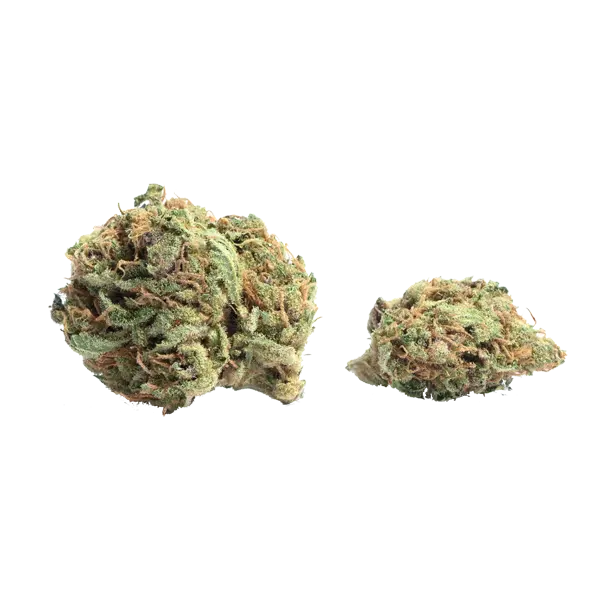










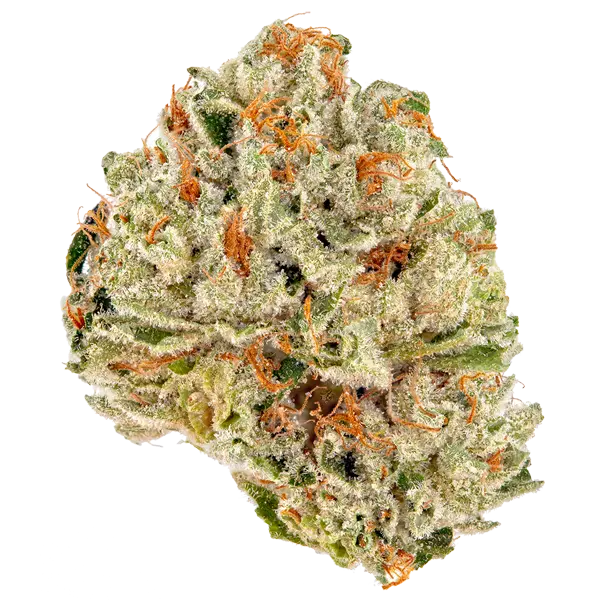
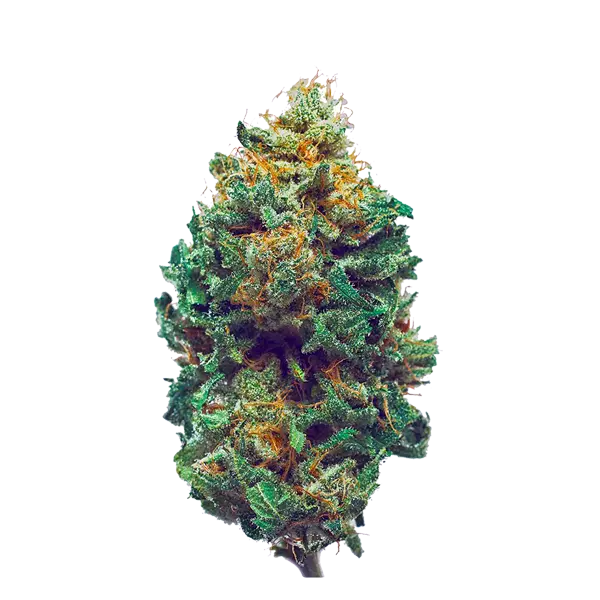
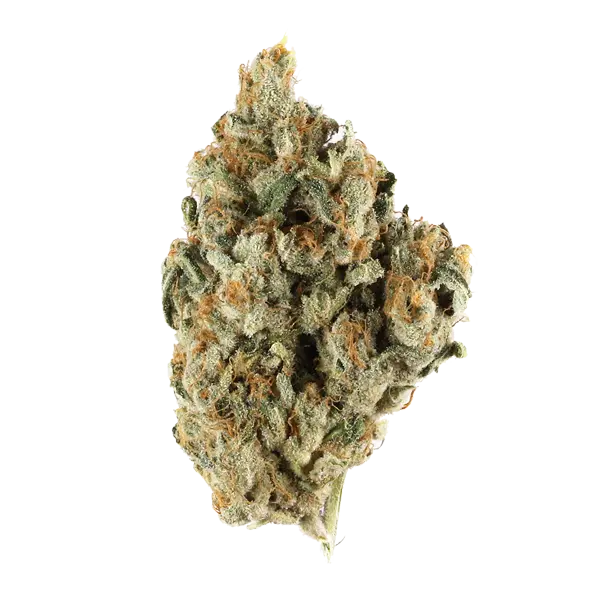

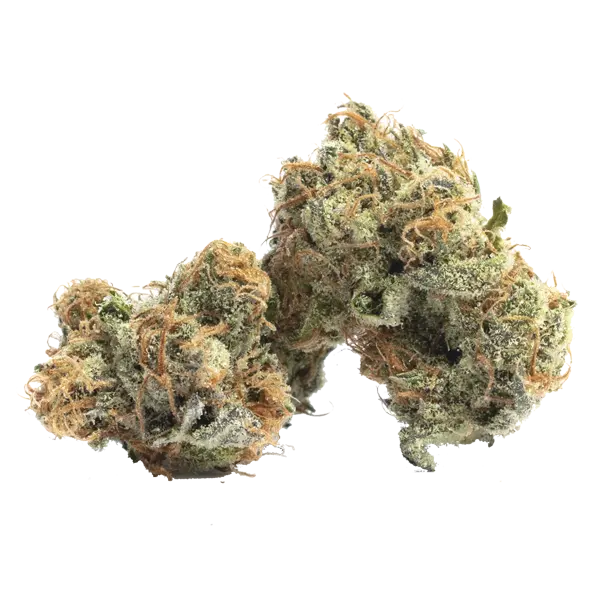
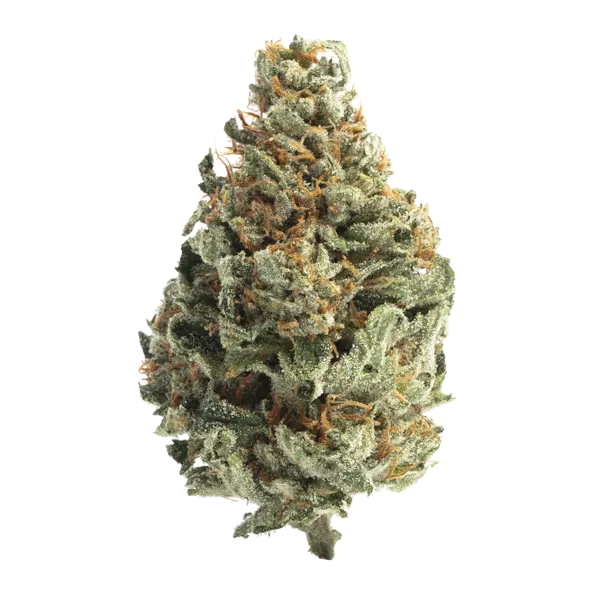
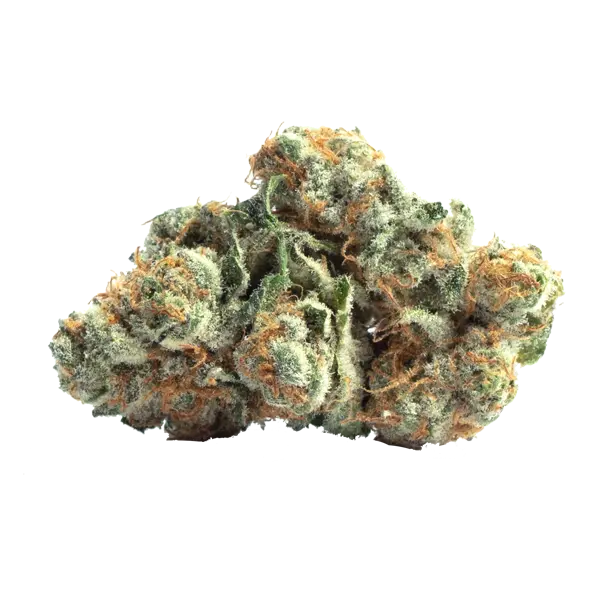
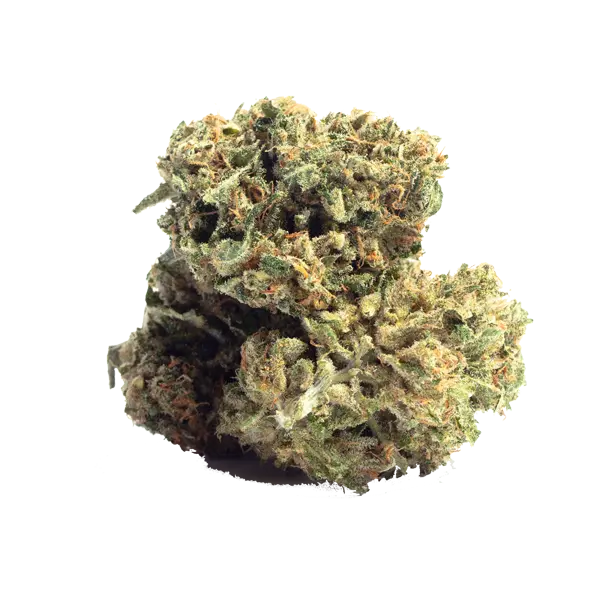
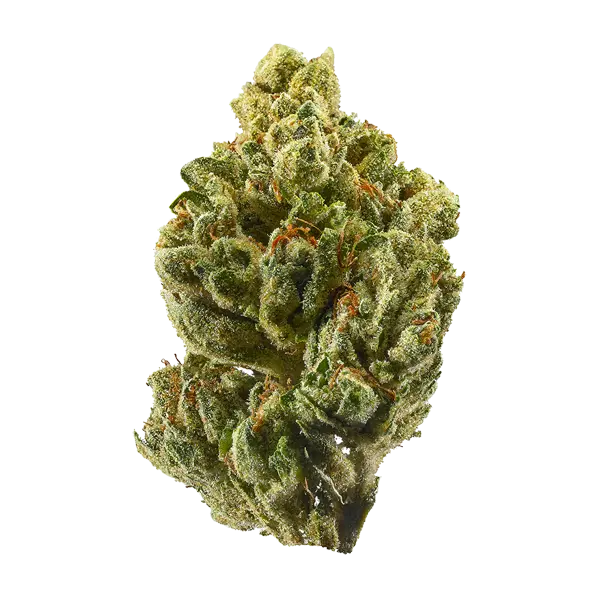
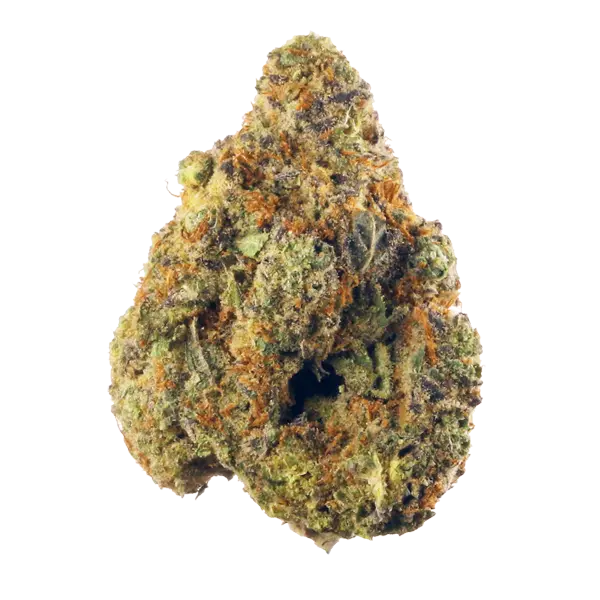
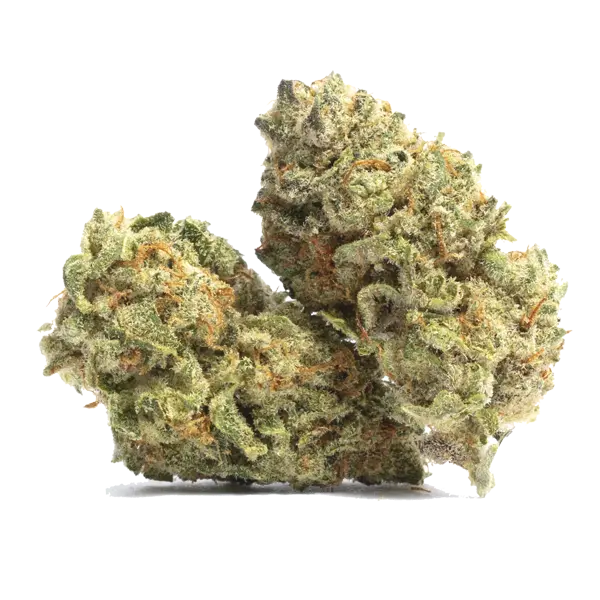
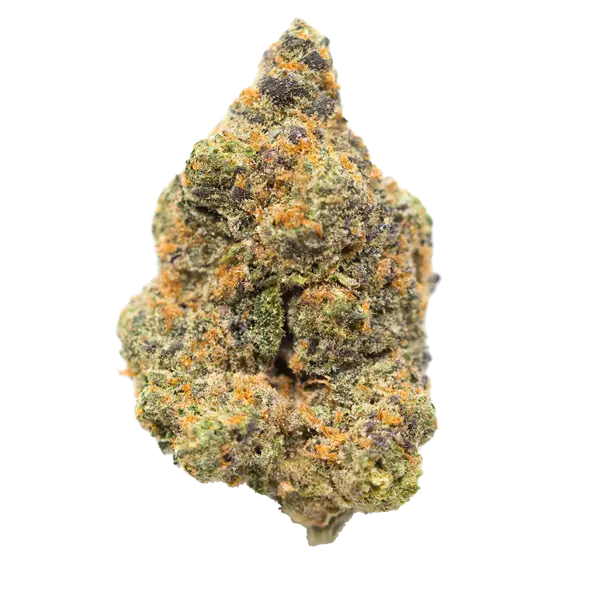
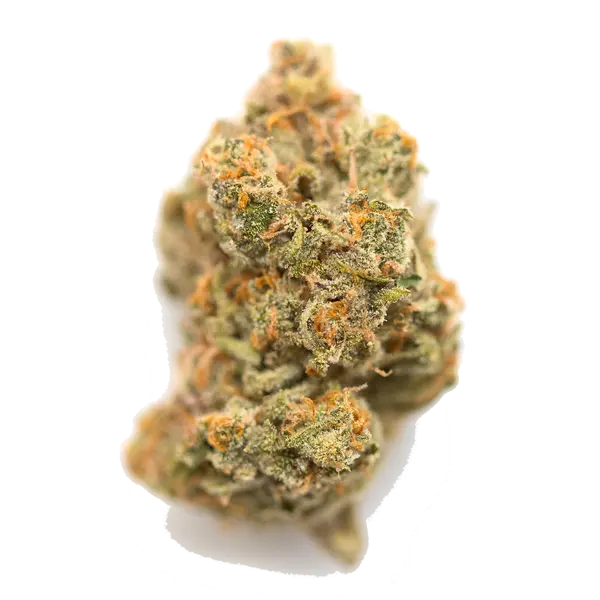
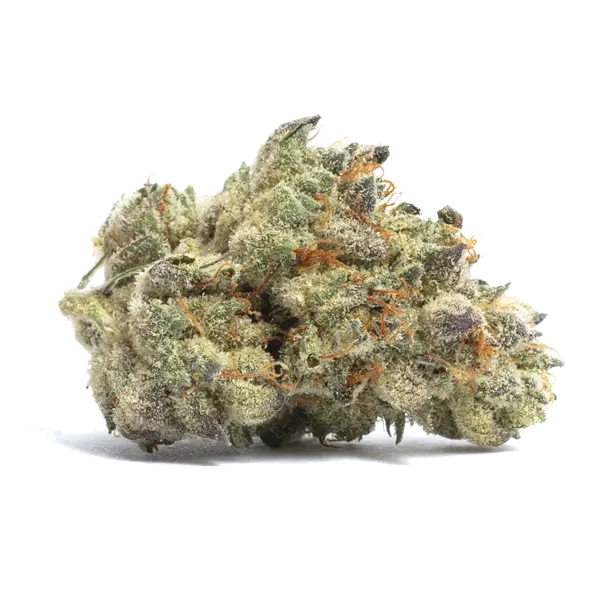
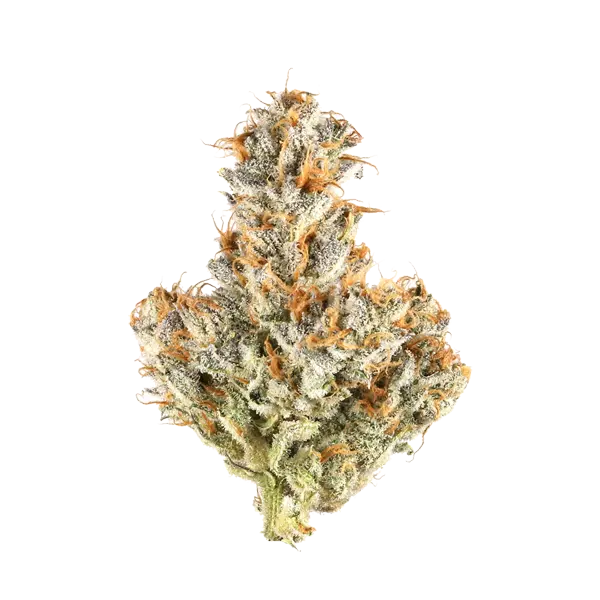


















 CBD’s Potential Effects within the Human Body
CBD’s Potential Effects within the Human Body Cannabis Cake: A Super Cannabis Cake Recipe
Cannabis Cake: A Super Cannabis Cake Recipe








